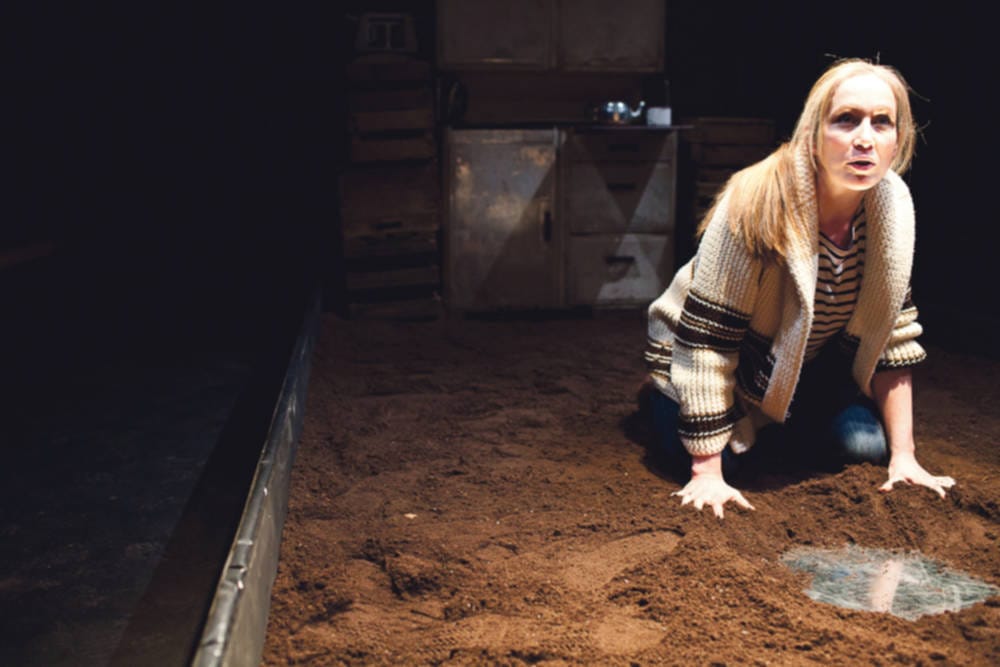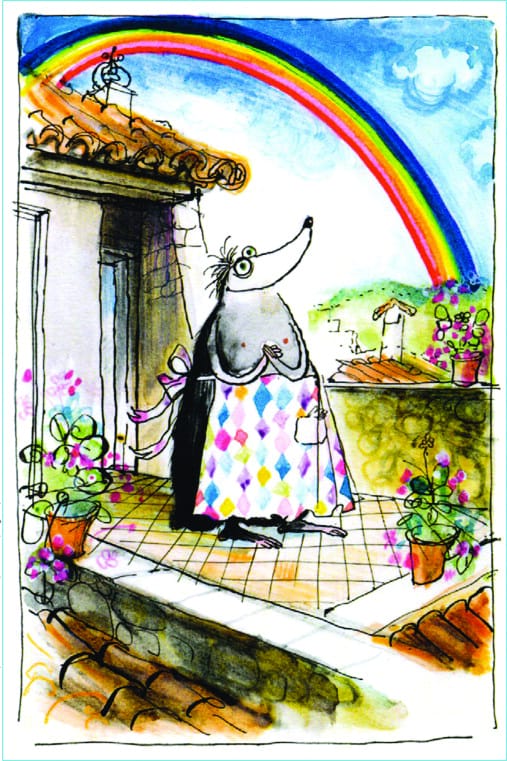Fenimism with flair
Fen kicks off a showcase of female playwrights in Fulham

My first impressions on entering the Finborough Theatre, having climbed the stairs from the wine bar below, were dubious. The middle of the theatre was covered in earth, liberally strewn with potatoes, the room hummed with eerie folky music and for a good five minutes an actress in farmer’s garb darted from side to side, shaking her rattle at imaginary birds.
Despite this unportentious start, Fen far exceeded my expectations. I have never seen a play by Caryl Churchill before and I was struck by how brilliantly she writes from life. She is able to get right inside the heads of nasty children, bullying stepmothers and converts to Jesus and perfectly captures a sometimes infuriating irrationality and pettiness in her dialogue.
The play is set in the 1980s in the English Fens. The people have little money and fewer choices. Churchill is unashamedly socialist and feminist in her views and her characters make an excellent case for her principles. The women’s monotonous work out on the cold, dark earth speaks for their cold, grim lives. They have no money, no avenue of escape and so they attempt to lose themselves in religion or forbidden love, but solace always evades them.
The damned-ness of Val, a young mother whose only three choices are to leave her children, to tear them away from their father or to live without love highlights the particular way in which women become trapped by early choices and forever held in place by a web of interdependencies and the fixed mindsets of their community.
I certainly left feeling grateful to live in a liberated society and to be allowed to be young and female but still free
Several of the female characters in this play are not much older than I am (Val’s mother remarks that she was a grandmother at 36) and yet I largely felt that the themes explored were too mature for me to be able to properly empathise. I certainly left feeling grateful to live in a liberated society and to be allowed to be young and female but still free.
Just as impressive as the writing is the ability of the six actors, five female and one male, to inhabit the vast range of roles: from Japanese business man to petulant six year old. I was especially impressed by the mostly flawless Norfolk accents. On the other hand, I felt having only one male actor was a weakness, as he found it hard to make the adjustment between the male romantic lead and the curmudgeonly old farm owner role.
The maliciousness of Nicola Harrison’s Jackie as she psychologically tortures her vulnerable step-child and derides her craving for Jackie’s own approval is harrowing to watch.
Yet, there are also some excellent humorous moments, particularly the physical comedy of the picnic for great-grandmother’s birthday and the spontaneous song of the children with its refrain of “when I grow up I want to be a hairdresser – or a housewife!” accompanied by Spice Girls-style dance moves, darkly reflecting on the poverty of their ambitions.
The acting was certainly of a better quality than I had expected from such a small theatre but demonstrated why the Finborough Theatre is the Stage 100’s Fringe Theatre of the Year. This play is the first of six in the “In Their Place” season which will showcase the work of female playwrights over the next three months. Fen is certainly a promising start.







